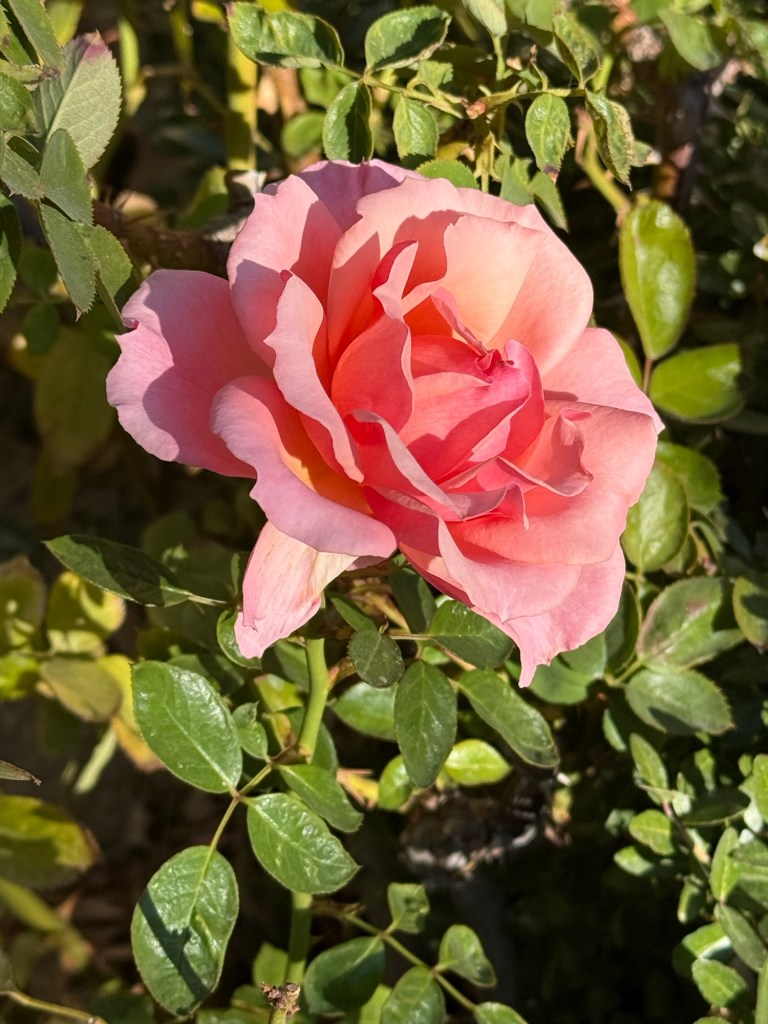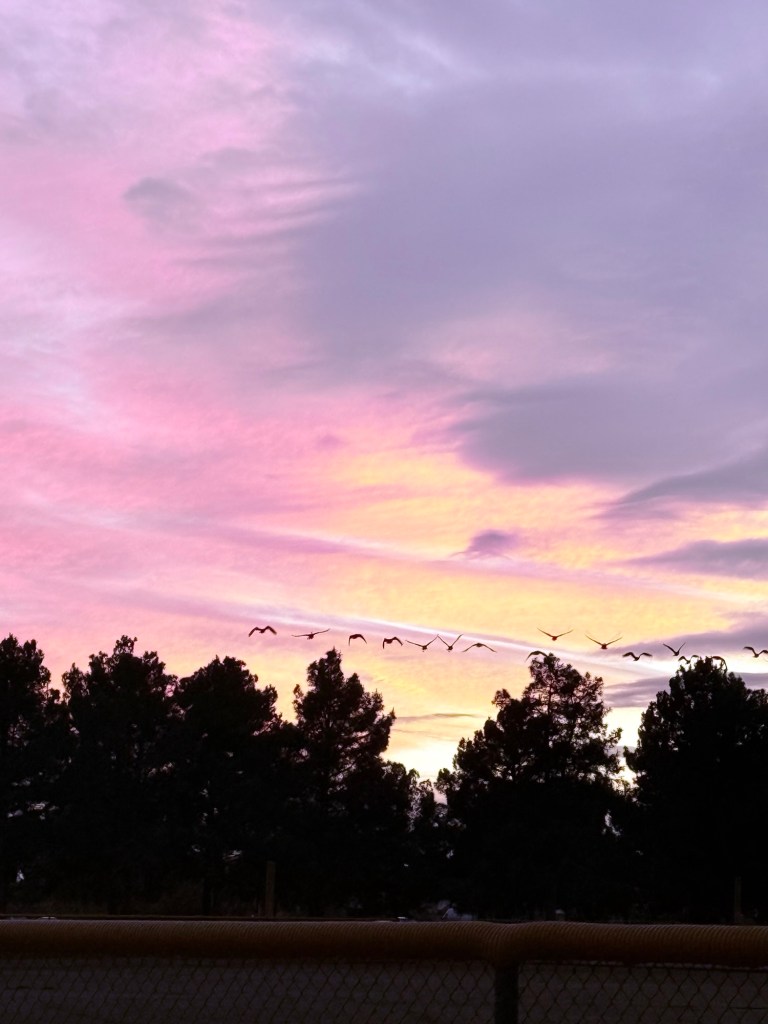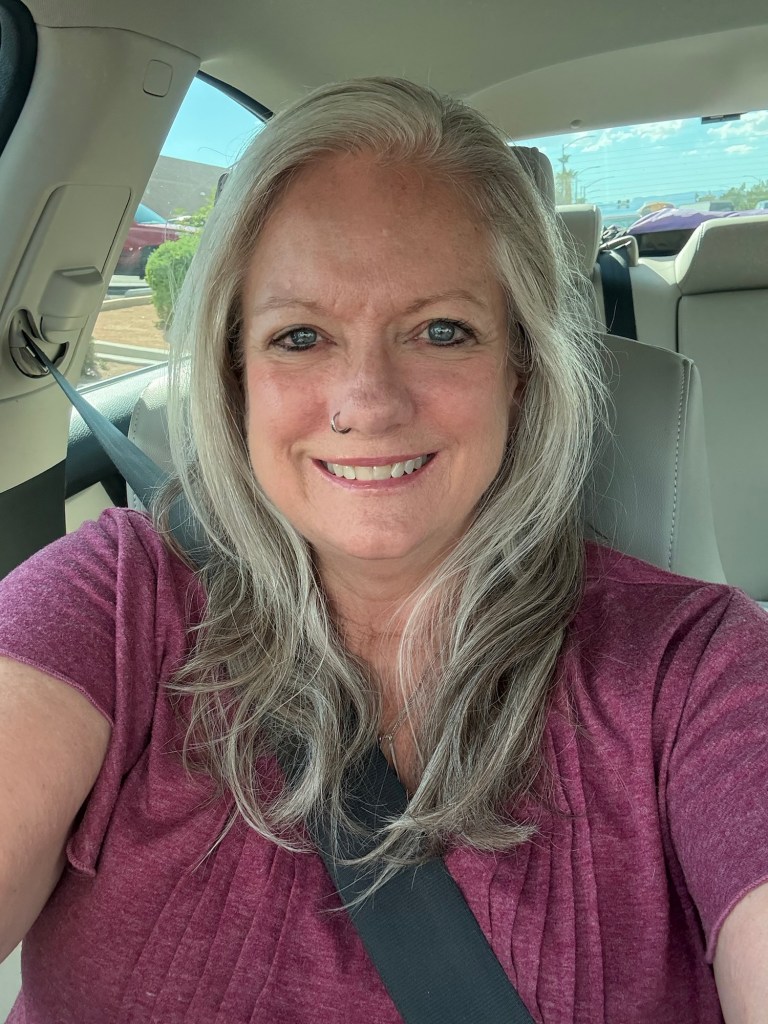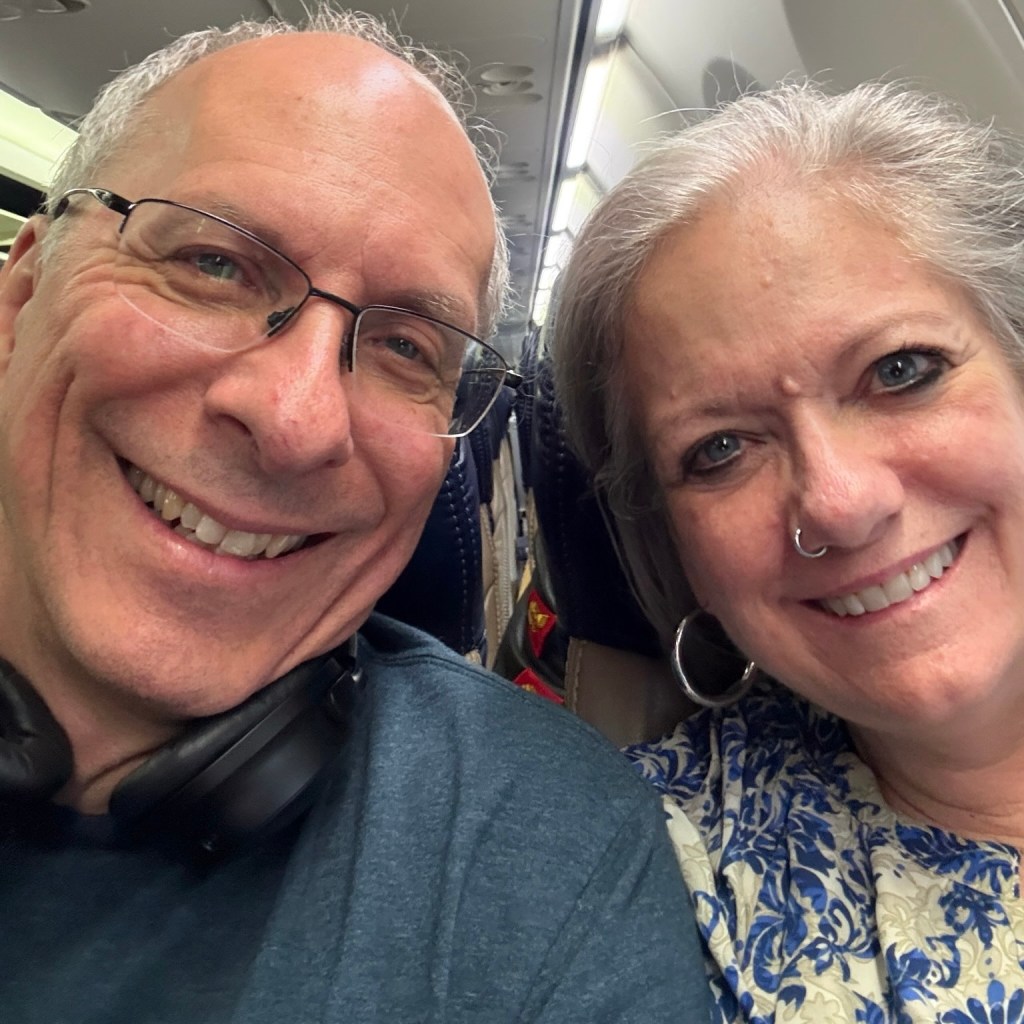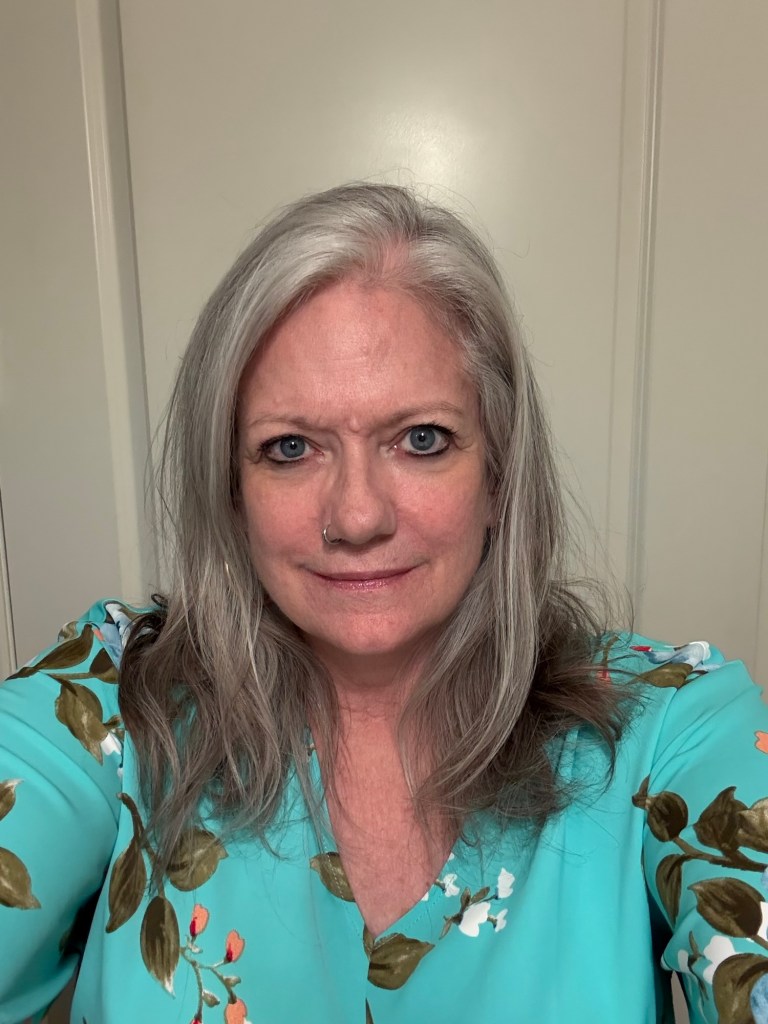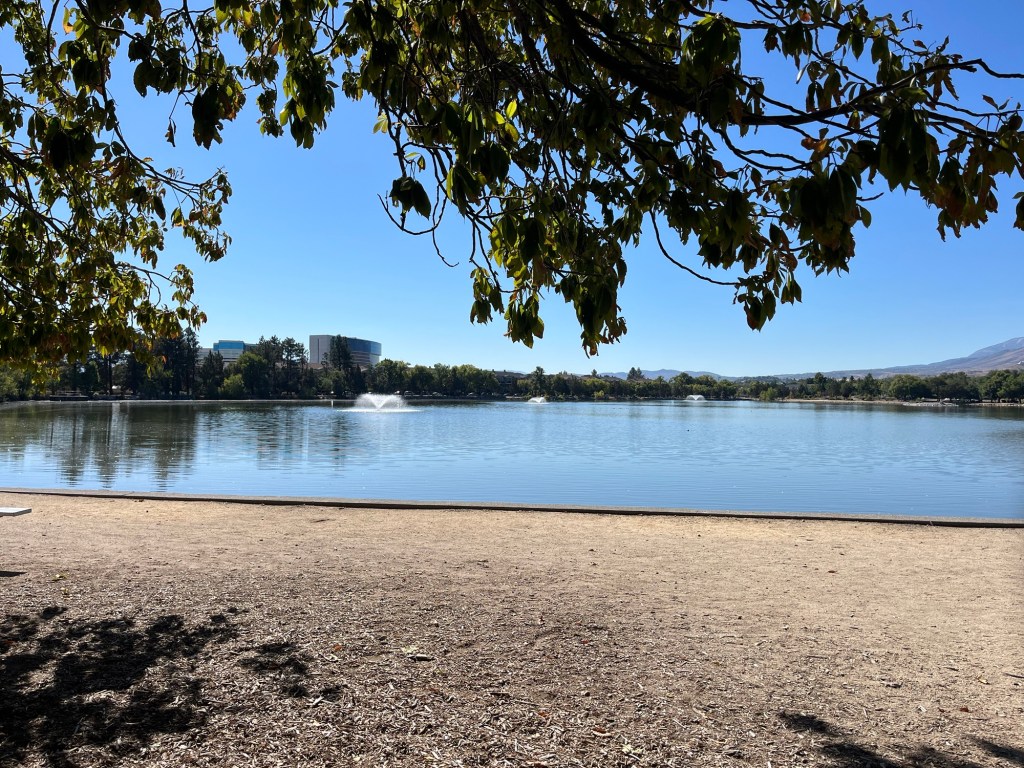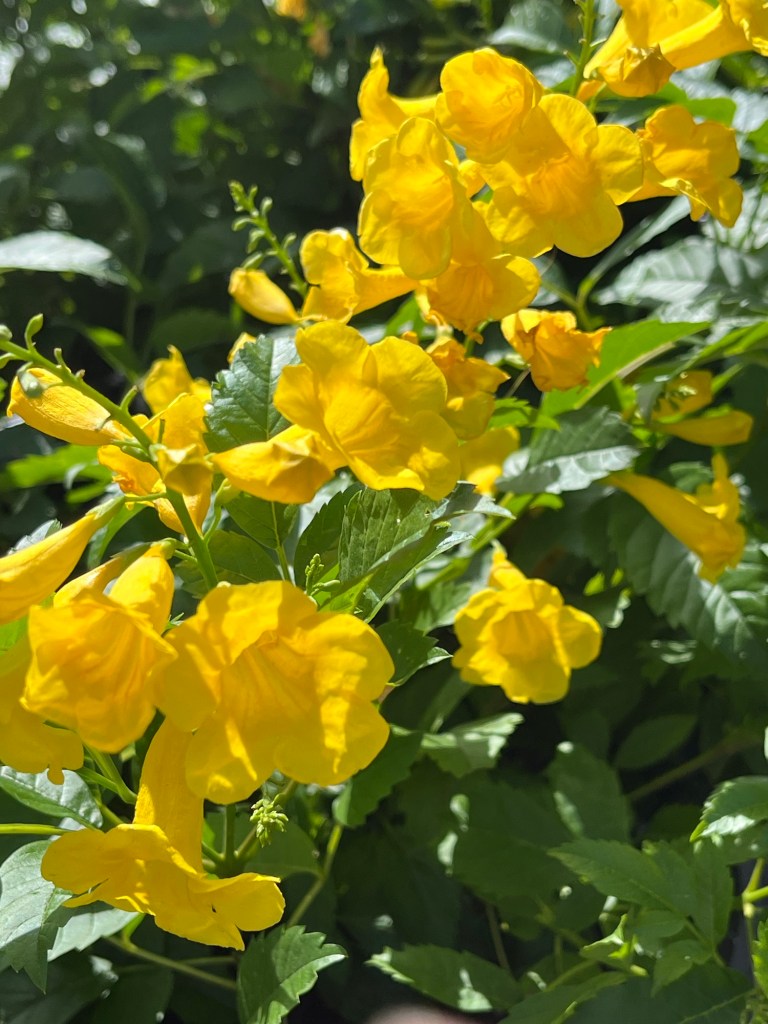Wow! Yesterday was a day! I’ve always thought of myself as a healthcare advocate—someone who asks the tough questions, navigates complex systems, and helps others feel empowered to make their own health decisions. Yesterday, I realized just how different it can be when you’re advocating for yourself.
What I learned is that having a healthcare advocate isn’t just important—it’s critical! You need someone in your corner who can look at a situation from multiple perspectives, who checks, double-checks, and follows up on every question, making sure everything is clear. I hope in sharing this experience I will help others avoid this pitfall.
Here’s what happened: In June, my medical oncologist in California put me on two medications—Anastrozole to suppress estrogen and progesterone and reduce the chances of the breast cancer coming back, and Venlafaxine, to help manage the hot flashes and other menopause-like symptoms caused by the hormone suppression. Venlafaxine is typically used as an antidepressant, but for me, it was all about managing side effects.
Normally, I’m incredibly thorough when it comes to my healthcare. I research every option, weigh the side effects, and think carefully about alternatives. But this breast cancer journey has been different. I’ve been trying to keep up with it all while leaning on my amazing husband Andrew, my fantastic medical and surgical teams, and the open, collaborative conversations we’ve had. Even so, I learned yesterday that I don’t always ask the right questions—and it’s made these last two weeks feel way longer than they should have.
I didn’t love the side effects of these medications, so I talked to my Las Vegas medical oncologist about going off them for about a month. With our honeymoon/Christmas/New Year cruise coming up, I wanted to feel like myself again, free from side effects. She agreed, saying I should know what “normal” feels like and we’d reassess after the cruise. At least, that’s what Andrew and I thought she said.
Turns out, we weren’t quite on the same page. She saw Anastrozole as my cancer treatment and Venlafaxine as an antidepressant. I saw them both as part of my cancer treatment—Anastrozole to treat, Venlafaxine to manage side effects. So when she said to stop “the meds,” I assumed she meant both. She didn’t.
Two weeks ago, I went cold turkey off both medications, thinking it was the logical thing to do. If I didn’t need the Anastrozole, I wouldn’t need Venlafaxine, right? Wrong. What I didn’t realize was that stopping Venlafaxine suddenly would lead to intense withdrawal symptoms—way worse than the side effects I’d been trying to avoid. The past couple of weeks have been awful. I couldn’t sleep (or if I did, I had vivid nightmares), I was constantly bouncing between feeling too hot and too cold, had headaches, nausea, dizziness—you name it.
I’ve supported friends and family through antidepressant withdrawal, so I know how important it is to taper off these medications. But I wasn’t thinking of Venlafaxine as an antidepressant; I thought of it as a tool to handle side effects from my cancer treatment. It didn’t even cross my mind to ask about withdrawal effects, and my doctor didn’t bring it up either. She just told me I’d feel better and to enjoy the cruise.
Fortunately, I had an appointment with her yesterday and I realized my mistake. As soon as I got home, I started taking Venlafaxine again because I don’t have time to taper off safely before the cruise. I’m already feeling so much better and should be back to normal in a couple of days.
This has been a tough lesson, but I’m taking it forward with two new questions to ask: “How long do I need to take this?” and “What happens when I stop?” I’m hoping these questions will save me and others from this kind of experience in the future. For now, I’m focusing on feeling good and making sure our cruise is everything Andrew and I want it to be—magical!





